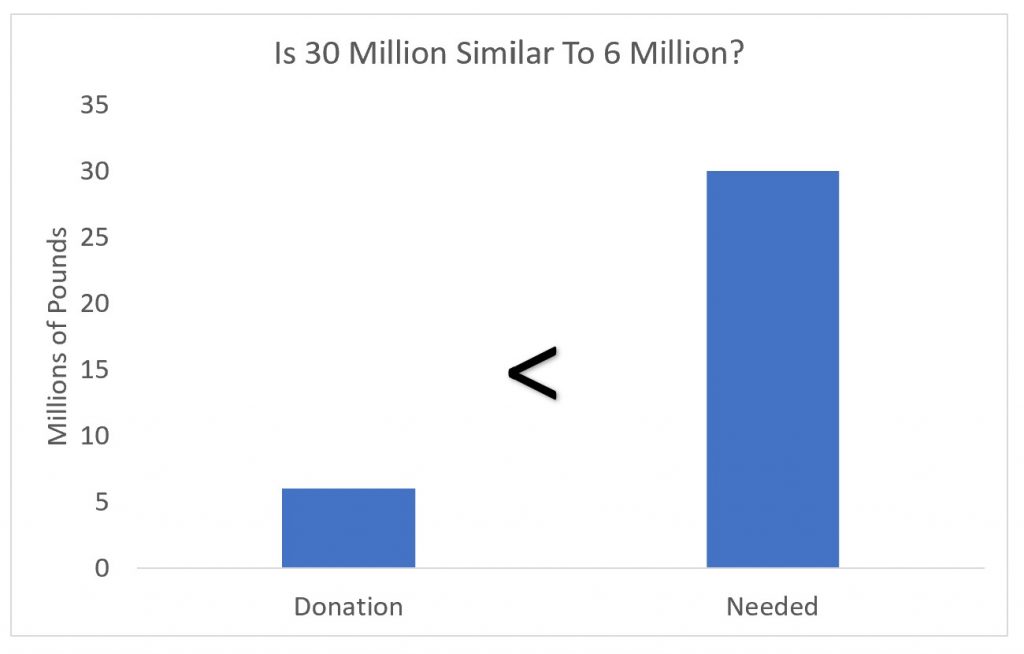John Allen Paulos’ book Innumeracy tackles the fact that much of what is talked about in the public sphere shows an alarming lack of mathematical fluency. I had to agree with many of his points. (Though it might need a new edition; some of the writing seemed a bit dated, there were a frightening number of topical references to what Ronald Reagan was up to.) What do we know about innumeracy and the problems it causes?
Mathematical Knowledge Matters At Least As Much As English Language Conventions
I had to agree with his start. He notes how people often get super excited that speakers get ‘infer’ and ‘imply’ correct but then seem massively clueless about mathematical ideas. Despite the fact that math makes a lot more sense than the English language. (Which often seems to hark back to what some weird Roman thought filtered via some Normans and pompous Victorians.)
Sometimes people even seem pleased with themselves for not understanding math.
“Part of the reason for this perverse pride in mathematical ignorance is that its consequences are not usually as obvious as are those of other weaknesses”.
Paulos, 2001, page 4
Particularly frustrating are the romantic notions about being poor at math. Namely that somehow being bad at math makes you better with people.
Innumeracy And The Problems It Causes: Politics Edition
I do have my own example of innumeracy. Back when I was running the finances of the Labour Party in Britain we got a series of large donations that came to about £6 million. We were keen to emphasis that while this was a lot of money it was still a fraction of what we needed. (This was in excess of 30 million, how much exactly is a story for another time).
For political reasons we did not want to be seen as beholden to rich donors. For fundraising reasons we still needed a lot more money and didn’t want small donors to stop giving. The national political reporter for the BBC announced that this £6 million would pay for an election campaign. Which was exactly the wrong message. Of course, it wasn’t his job to carry our message. Still it was his job to be accurate and it was comically bad.
He apparently thought a large number, £6 million, was the same as an even larger number, ~£30 million. Someone whose job was to understand and explain UK politics seem painfully clueless. He seemed to know nothing about the cost of politics in the UK. (I’m sure he had a lot of good gossip about the characters involved. I’m sure he digested the language of written communications in great details). Still if you don’t understand the numbers you simply don’t know what you are doing.

Acceptance Of Pseudo-Science
Paulos links innumeracy to general poor thinking skills and acceptance of the claims of pseudoscience.
Paulos suggests a safety index (on a log scale no less) to help us get a better idea of the risk of activities. It could be useful but it seems like we might have a way to explain log scales.
2021 update: it is frustrating how people seem unable to compare the problems caused by the coronavirus with the much smaller number of problems caused by the vaccines. We really need a better grasp on magnitudes.
Innumeracy and the problems it causes seem like serious issues. These can be solved if you do the math. Everyone can do math — there is no excuse for not trying.
For more on data visualization and how to communicate numbers see Data Visualization Advice – Marketing Thought (neilbendle.com).
Read: John Allen Paulos (2001) Innumeracy: Mathematical Illiteracy and its Consequences, Hill and Wang. original edition 1988.
